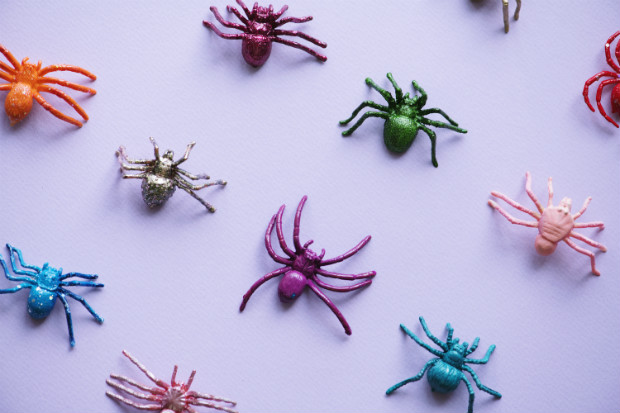
Insects, Mosquitos and Spiders…. Oh My!
It’s pretty much impossible to avoid buzzing, flying, web-weaving pests this time of year, but there are ways to prevent painful, pesky stings and bites. Here’s what you might not have known about summer’s not-so-loved creatures.
Honeybees Die After They Sting You
(Wasps and hornets can sting multiple times.) Bees’ stingers are barbed so they’re unable to remove them once they’ve stung. They leave behind a venom sac, plus part of their digestive tract, muscles and nerves. Use a credit card to scrape away the stinger. You may develop allergies to stings; if you’re nauseous, cramping, swelling or have difficulty breathing, call 911 immediately.
Only Female Mosquitos Bite
“They’re actually using you as a blood meal to make their eggs,” says Dr. Curtis Russell, a Toronto-based entomologist at Public Health Ontario. While their attraction to us stems from the carbon monoxide we exhale, mosquitos are drawn to darker-coloured clothes, how we move and the way we smell. Using bug sprays (with DEET or icaridin) has shown to help decrease bites, but wearing light-coloured clothing and avoiding floral scents in shampoos, lotions and perfumes also helps.
If you end up a main dish, apply a cold compress to dull the itch, says Dr. Janice Heard, a paediatrician in Calgary. “When a mosquito bites us, they inject a small amount of saliva in us to thin our blood. The cells in our body recognize that as something foreign and releases histamines in an attempt to clean it up. So the more you scratch, the more it will itch.”
Not All Ticks Transmit Lyme Disease
The deer tick is the only one that carries the bacteria that causes Lyme disease. Folks who get nipped may develop a bullseye rash within three to 30 days. If you’ve been camping or hiking and you or your child has flu-like symptoms without a runny nose or cough, go to your healthcare provider. An antibiotic is enough to cure what ails you.
All Spider Bites Are Venomous, But Not To Humans
OK, some are venomous to us but the eight-legged varieties found in Canada are usually nothing more than creepy creatures. “The only time a spider will bite you is if it’s in your shoe or you’re trying to smoosh them,” says Dr. Russell. Some people may experience a significant amount of pain from a bite and it may blister, but it’s usually nothing serious, says Dr. Heard. If you live in an area where dangerous spiders (think black widows or brown recluses) are present, it’s a good idea to have your doctor check the bite.
Ticks Secrete Cement-Like Glue
Part of the arachnid family (eek!), ticks are difficult to remove because once they latch on, they excrete a strong substance to secure themselves into place so they can feed. Baby ticks can be as tiny as a poppy seed so they’re hard to spot. Prevention is key—wear longsleeved tops and pants when you’re in wooded areas and always do a tick check when you come inside.
Originally published in ParentsCanada magazine, Spring/Summer 2018